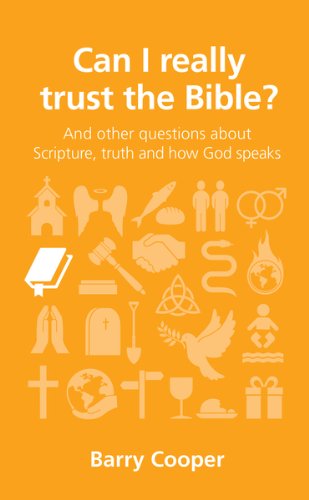I have, in the past, preached through Nehemiah. Those posts are archived back in January-February of 2012, but they were when I used a different podcast host and the audios of those messages are gone. All that's left are rough outlines. If I can ever find the original audios, I'll put them on the new host where they can live forever.
Until then, it's all gone. Rather than link back to that, I'll give a rundown of the highlights of Nehemiah, along with my questions going through this again. An observation worth noting: reading back through these passages again, a little quicker this time, I see some things I saw before, and other ideas do not show up as clearly. Meanwhile, a new thought or two also comes along.
First, I would note that Nehemiah was doing fine in his life. He's cupbearer to the king, which is a pretty tough gig to get. We have overplayed that in our cultural context to be the guy who is supposed to taste the king's food and die if it's poisoned, but it's really different from that. Think head butler/domestic staff-boss. Nehemiah has responsibilities for the king's household--including security. He is trusted and likely well-compensated for it.
Second, I would note that nowhere in the opening chapters does Nehemiah have a prophetic call experience. There are no moments of grand visions or flying angels. Instead, he hears of a need. His heart is moved by the need. His intelligence reasons that he is able to aide that need. He finds there is nothing ungodly or against Scripture in meeting that need.
And then he acts.
Practically speaking, how many times do we wait for Isaiah 6 when God is working in our lives through Nehemiah 1?
Yes, Nehemiah prays and fasts before he acts. But he does not behave as if he is working from some grand prophetic scheme. It's a practical plan, a practical action. We need a few more Nehemiahs in our day, who will have a plan, make sure it is God-honoring, and act on it.
Third, I would note Nehemiah's willingness to take a risk. He goes before the king, admitting his problem and asking for help with it. The king is pleased to do so, though I might add that "if it please the king" is a permission-seeking formula, so "it pleased the king" may not reflect the king's "pleasure" so much as his "permission." Still, the king could have just as easily sacked Nehemiah.
And in a wandering moment...what is the chronological relationship between Nehemiah and Esther? If Esther is Queen alongside Xerxes I, then Artaxerxes is one of the king's sons from a different wife. If we have Ahasuerus of Esther misplaced, and he is one of the Artaxerxes (there's several), then could the "queen sitting beside him" in Nehemiah 2:5 have been Esther? That needs a serious nerd-look.
Fourth, I would note that Nehemiah takes time to address serious questions about his work, and deals with the legitimate objections. He has no patience for those who simply oppose him, and I think it is because he has had enough interactions with them. Tobiah and Sanballat were likely known to Nehemiah, nd we cannot argue from the shortness of exchanges in the text that this was the only interaction this group had. After all, Nehemiah is appointed as the de facto governor of Jerusalem. He's going to be aware of significant political people in the region, and certainly the leaders of other provinces, which it appears these opponents are. There are no grounds to automatically dismiss critics based on Nehemiah--not until they've run their course too far.
Fifth, I would note Nehemiah's acknowledgment of his need for God while still doing all he can. That should be enough said.
I like Nehemiah. He's practical and does what is in front of him--and often gets shorted in our list of Bible heroes. But the city he rebuilds? Jesus walks in it.
That's pretty glorious.



